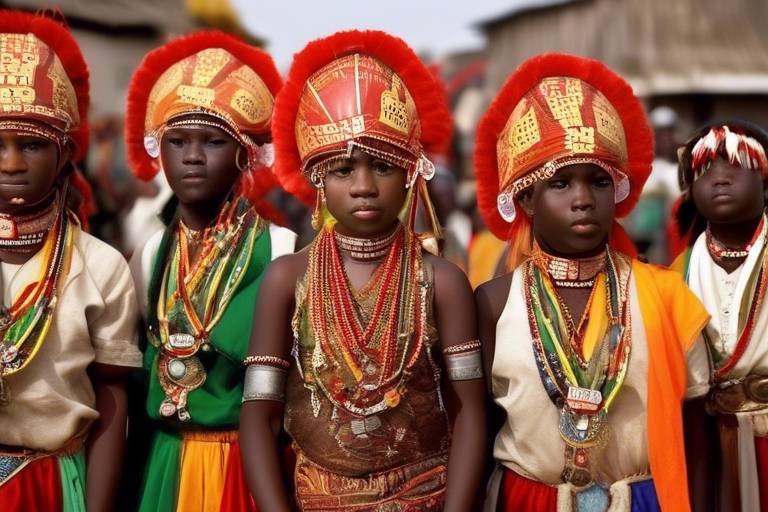How Cultural Heritage Affects Global Relations
Cultural heritage plays a pivotal role in shaping global relations and fostering connections between nations. It serves as a powerful medium through which countries can express their unique identities, histories, and values to the world. The preservation of cultural heritage is not just about safeguarding historical artifacts and sites; it is about preserving the essence of a nation's soul and sharing it with the global community.
When countries invest in the preservation of their cultural heritage, they are not only protecting their past but also building a bridge to the future. By showcasing their cultural richness, nations can create a sense of mutual understanding and respect among diverse populations. This, in turn, can lead to stronger diplomatic ties and collaborations on various fronts.
Cultural diplomacy, a practice that leverages cultural heritage as a tool for international relations, has gained prominence in recent years. Through cultural exchanges, artistic collaborations, and heritage initiatives, countries can transcend political boundaries and connect on a deeper, more human level. Cultural diplomacy acts as a soft power strategy, allowing nations to communicate and engage with one another beyond traditional diplomatic channels.
Artifacts are not merely objects; they are symbols of a nation's history, values, and aspirations. These cultural treasures hold immense significance in shaping national identity and influencing how a country is perceived on the global stage. By showcasing their cultural artifacts, nations can create a narrative that resonates with people worldwide, fostering a sense of connection and empathy.
Heritage tourism plays a crucial role in promoting cross-cultural interactions and fostering diplomatic ties between nations. When people from different parts of the world visit cultural sites, they not only appreciate the beauty and history but also engage in meaningful cultural exchanges. This cultural exchange can lead to a deeper understanding and appreciation of diverse perspectives, ultimately strengthening global relations.
However, conflicts over cultural heritage can also strain global relations and lead to diplomatic tensions. Disputes over ownership of cultural artifacts or control of heritage sites can escalate into international conflicts, creating barriers to mutual understanding and cooperation. Resolving these conflicts requires delicate negotiations and a shared commitment to preserving and respecting each other's cultural heritage.
The debates surrounding the repatriation of cultural artifacts highlight the ethical and legal complexities involved in balancing national interests with global responsibilities. While returning cultural treasures to their countries of origin can promote goodwill and strengthen international relations, it also raises questions about ownership rights and the preservation of cultural heritage for future generations.
UNESCO World Heritage Sites serve as symbols of shared humanity and collective heritage, transcending national boundaries and promoting global cooperation. These sites represent the universal value of cultural diversity and the need to protect and preserve our common heritage for future generations. By safeguarding these sites, countries demonstrate their commitment to fostering dialogue, understanding, and peace among nations.
Efforts to protect and conserve UNESCO World Heritage Sites are essential for promoting global cooperation and sustainable development. Through collaborative conservation projects and educational initiatives, countries can raise awareness about the importance of preserving cultural heritage and mobilize support for safeguarding these sites for future generations. Heritage education programs play a crucial role in fostering cultural appreciation, promoting intercultural dialogue, and strengthening global relations through shared heritage experiences.

Preservation of Cultural Heritage
Cultural heritage preservation plays a vital role in maintaining global relations by fostering mutual understanding among nations. It serves as a bridge connecting diverse cultures and histories, creating a shared sense of heritage that transcends borders and promotes unity. By safeguarding cultural sites, traditions, and artifacts, countries can showcase their unique identities and contribute to the rich tapestry of global heritage.

Cultural Diplomacy
Cultural diplomacy plays a vital role in international relations by utilizing cultural heritage as a powerful tool to foster understanding and cooperation among nations. It goes beyond traditional diplomacy to build bridges based on shared values, beliefs, and heritage. Through cultural exchanges, artistic collaborations, and heritage preservation efforts, countries can establish meaningful connections that transcend political differences. Cultural diplomacy serves as a language that speaks to the soul, transcending linguistic barriers and creating a shared narrative of humanity.
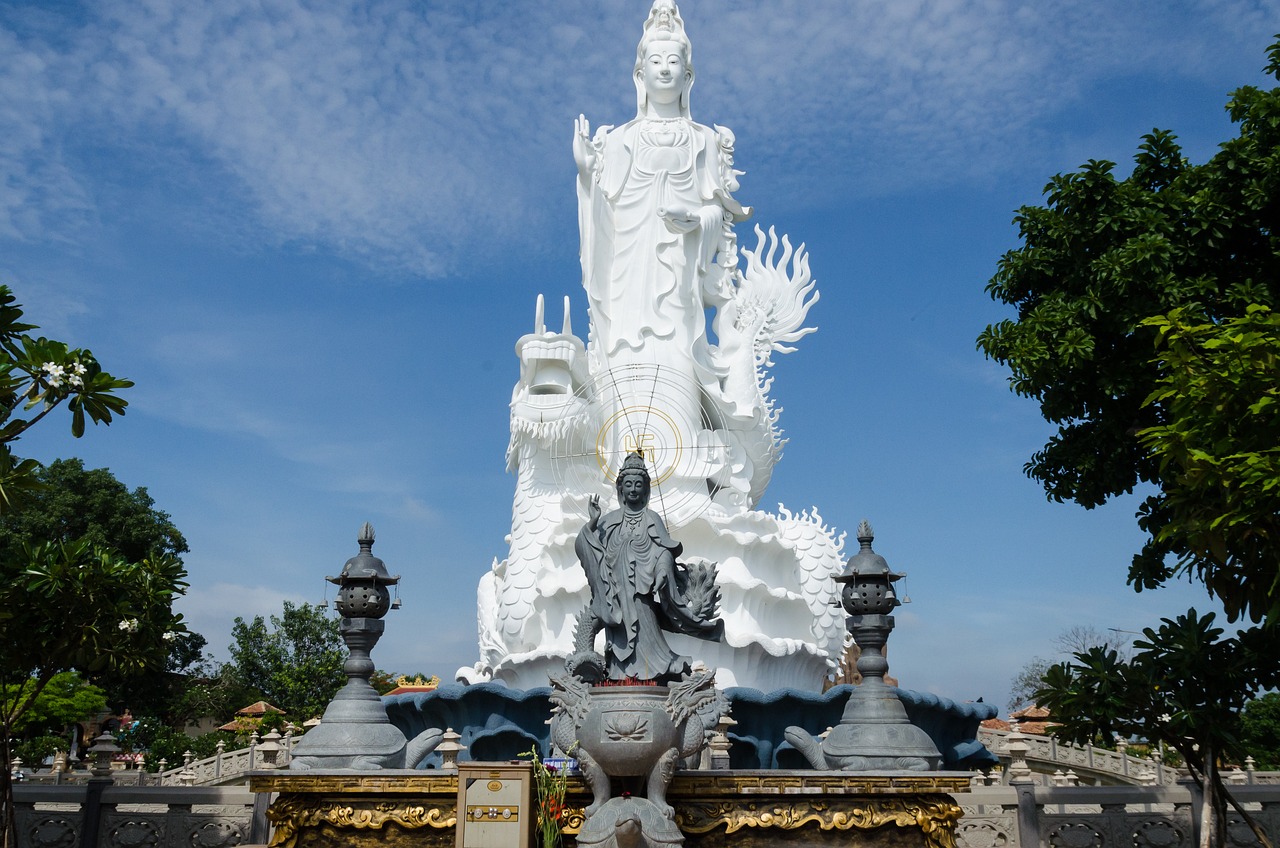
Artifacts and Identity
Cultural artifacts hold a profound influence on shaping national identity and playing a pivotal role in influencing international perceptions and relations. These artifacts, ranging from ancient relics to contemporary artworks, serve as tangible representations of a nation's history, values, and creativity. Just like a fingerprint is unique to an individual, artifacts are unique to a culture, carrying the stories and traditions of generations past. When these artifacts are showcased on a global platform, they not only represent a country's heritage but also act as ambassadors, sparking curiosity and admiration among people worldwide.
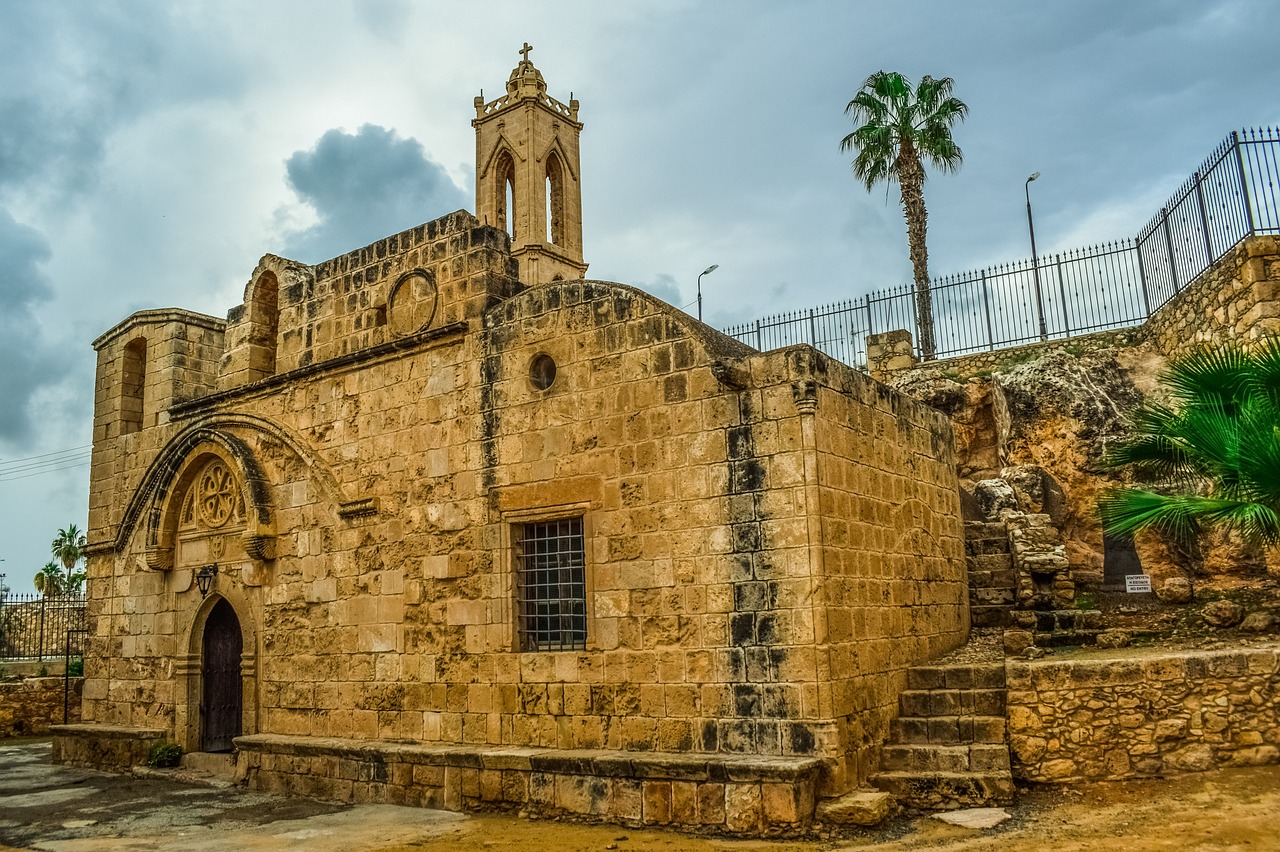
Heritage Tourism
Heritage tourism plays a vital role in promoting cross-cultural interactions and strengthening diplomatic ties between nations. When travelers embark on journeys to explore historical sites, museums, and cultural landmarks, they not only enrich their own understanding of different cultures but also contribute to the preservation and promotion of global heritage. These tourists become ambassadors of cultural exchange, carrying the stories and traditions of diverse civilizations back to their home countries.
Through heritage tourism, individuals have the opportunity to immerse themselves in the rich tapestry of human history, experiencing firsthand the customs, beliefs, and artistic expressions of various societies. By engaging with local communities and participating in traditional activities, tourists forge connections that transcend geographical boundaries, fostering a sense of unity and shared heritage among people from different parts of the world.
Additionally, heritage tourism serves as a catalyst for economic growth and sustainable development in many regions. The influx of visitors to heritage sites stimulates local businesses, creates job opportunities, and supports cultural initiatives that preserve the authenticity of historical landmarks. By showcasing the unique heritage of a nation, tourism not only boosts its international profile but also fosters a sense of pride and belonging among its citizens.

Conflict Over Cultural Heritage
When it comes to cultural heritage, conflicts can arise that go beyond mere disagreements. These disputes over cultural heritage sites and artifacts have the potential to escalate and strain global relations, leading to diplomatic tensions that can have far-reaching consequences. The battle over these treasures is not just about possession but also about identity, history, and pride. It's like a high-stakes game where the players are nations, and the stakes are the very essence of their cultural heritage.
In the world of international relations, cultural heritage is often a battleground where countries assert their dominance and historical claims. The fight over cultural artifacts can become a symbol of national sovereignty and pride, with each side unwilling to back down. It's a clash of narratives, where the past is weaponized to shape the present and dictate the future. Imagine two giants locked in a tug-of-war, each pulling with all their might, unwilling to let go of their grip on the rope of history.
One of the most contentious issues in these conflicts is the debate surrounding repatriation - the return of cultural artifacts to their countries of origin. This ethical and legal dilemma raises questions about ownership, preservation, and the rights of nations to reclaim their heritage. The repatriation debates can ignite diplomatic fires, sparking debates that pit cultural preservation against national pride. It's a delicate balance between respecting the past and forging a path towards a more harmonious future.
At the heart of these conflicts lies a deeper struggle for recognition and respect. Cultural heritage is not just about objects; it's about identity, memory, and belonging. When these treasures are at stake, nations are willing to go to great lengths to protect what they see as an integral part of their history. It's a battle for the soul of a nation, where the past and the present collide in a fiery display of passion and pride.
In the midst of these conflicts, there is also an opportunity for dialogue and understanding. By addressing the root causes of these disputes and finding common ground, nations can turn conflict into cooperation. It's a chance to bridge the divide, to build connections through shared heritage, and to create a future where cultural treasures are not a source of contention but a symbol of unity. In the end, the conflicts over cultural heritage can either tear us apart or bring us closer together - the choice is ours to make.

Repatriation Debates
Repatriation debates in the realm of cultural heritage have sparked intense discussions and controversies worldwide. The issue revolves around the return of cultural artifacts and treasures to their countries of origin, often leading to complex ethical and legal dilemmas. Museums and institutions in Western countries hold numerous artifacts that were acquired through colonialism or looting in the past, prompting calls for repatriation by the countries of origin. These debates raise questions about ownership, cultural rights, and the legacy of colonialism, challenging the traditional narratives of possession and display.
One of the key arguments in favor of repatriation is the moral imperative to right historical wrongs and restore cultural heritage to its rightful owners. Proponents argue that holding onto looted or wrongfully acquired artifacts perpetuates the legacy of colonialism and undermines the cultural identity and heritage of indigenous communities. By returning these treasures, countries can reclaim their history, preserve their cultural legacy, and strengthen their national identity.
On the other hand, opponents of repatriation raise concerns about the practicality and feasibility of returning artifacts, especially when they have been part of museum collections for decades or even centuries. They argue that museums provide a global platform for cultural exchange and education, allowing people from diverse backgrounds to appreciate and learn from different cultures. Additionally, some claim that repatriation could set a precedent leading to numerous claims for the return of artifacts, potentially destabilizing museum collections worldwide.
The repatriation debates also highlight the need for transparent and collaborative approaches to resolving disputes over cultural heritage. Dialogue between countries, museums, and cultural institutions is essential to finding mutually acceptable solutions that respect the rights and interests of all parties involved. Balancing the principles of cultural stewardship, historical justice, and international cooperation is crucial in addressing the complexities of repatriation and its impact on global relations.

UNESCO World Heritage Sites
UNESCO World Heritage Sites hold a special place in global relations, serving as symbols of our shared human heritage and history. These sites, recognized for their outstanding universal value, play a crucial role in fostering cooperation, dialogue, and peace among nations. By preserving and promoting these sites, countries can come together to celebrate their cultural diversity and strengthen mutual understanding.
One of the key aspects of UNESCO World Heritage Sites is the protection and conservation efforts that go into safeguarding these invaluable treasures. Through international collaboration and shared responsibility, countries work together to ensure the longevity and integrity of these sites for future generations. This collective effort not only preserves the physical structures but also the stories and traditions that are embedded within these sites.
Furthermore, UNESCO World Heritage Sites serve as educational tools, offering insights into different cultures, histories, and civilizations. Heritage education initiatives centered around these sites play a vital role in raising awareness, promoting cultural appreciation, and enhancing global relations. By learning about and experiencing these sites, individuals can develop a deeper respect for diverse cultures and heritage, ultimately contributing to a more interconnected world.
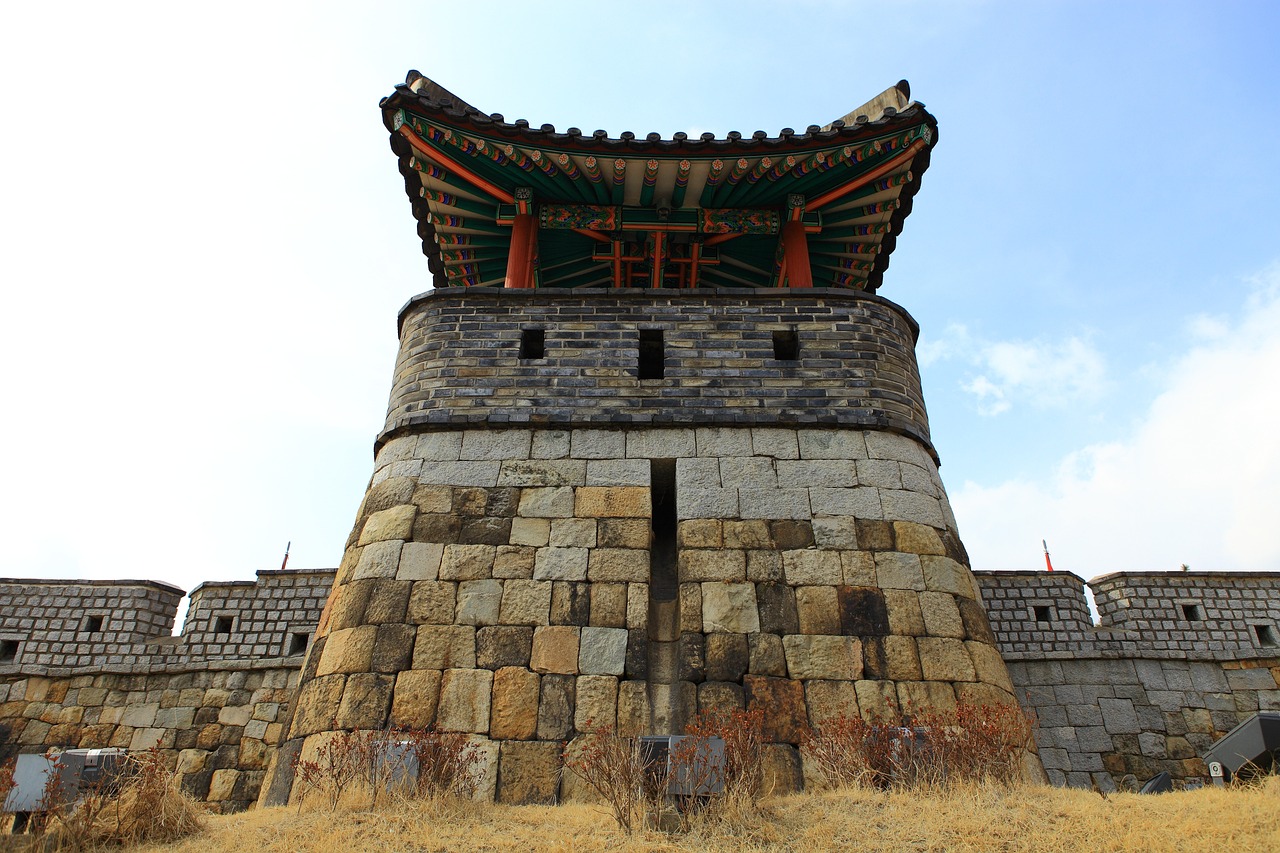
Protection and Conservation Efforts
Cultural heritage sites hold invaluable significance in the tapestry of human history, making it crucial to implement robust protection and conservation efforts to safeguard these treasures for future generations. Conservation initiatives encompass a wide array of strategies, ranging from physical maintenance and restoration to community engagement and sustainable development practices. By investing in the preservation of cultural heritage, nations not only preserve their past but also lay the groundwork for fostering global cooperation and understanding.
One of the key aspects of protection and conservation efforts is the establishment of comprehensive management plans that outline guidelines for the sustainable use of cultural sites while ensuring their long-term preservation. These plans often involve collaboration between governmental agencies, local communities, and international organizations to address challenges such as environmental threats, urban development pressures, and tourism impacts. By integrating conservation practices into broader sustainable development frameworks, countries can strike a balance between heritage preservation and socio-economic progress.
Moreover, conservation efforts extend beyond physical restoration to encompass educational programs and capacity-building initiatives aimed at raising awareness about the importance of cultural heritage. By engaging local communities and fostering a sense of ownership over heritage sites, conservation projects can empower individuals to become stewards of their shared history. Additionally, partnerships with academic institutions and heritage experts play a vital role in advancing research and best practices in the field of heritage conservation.
In the realm of conservation, technological innovations have also revolutionized the way cultural heritage is preserved and protected. From advanced imaging techniques for documenting archaeological sites to digital mapping tools for monitoring conservation efforts, technology offers new avenues for enhancing the efficacy and sustainability of heritage preservation. By harnessing the power of digital tools and data analytics, conservationists can make informed decisions and track the impact of their interventions over time.
Ultimately, the success of protection and conservation efforts hinges on the collective commitment of governments, communities, and stakeholders to prioritize cultural heritage as a shared responsibility. By recognizing the intrinsic value of cultural diversity and the role of heritage in promoting dialogue and mutual respect, nations can forge stronger bonds and transcend cultural boundaries. Through concerted efforts to protect and conserve cultural heritage, we not only preserve the past but also pave the way for a more interconnected and harmonious future for generations to come.
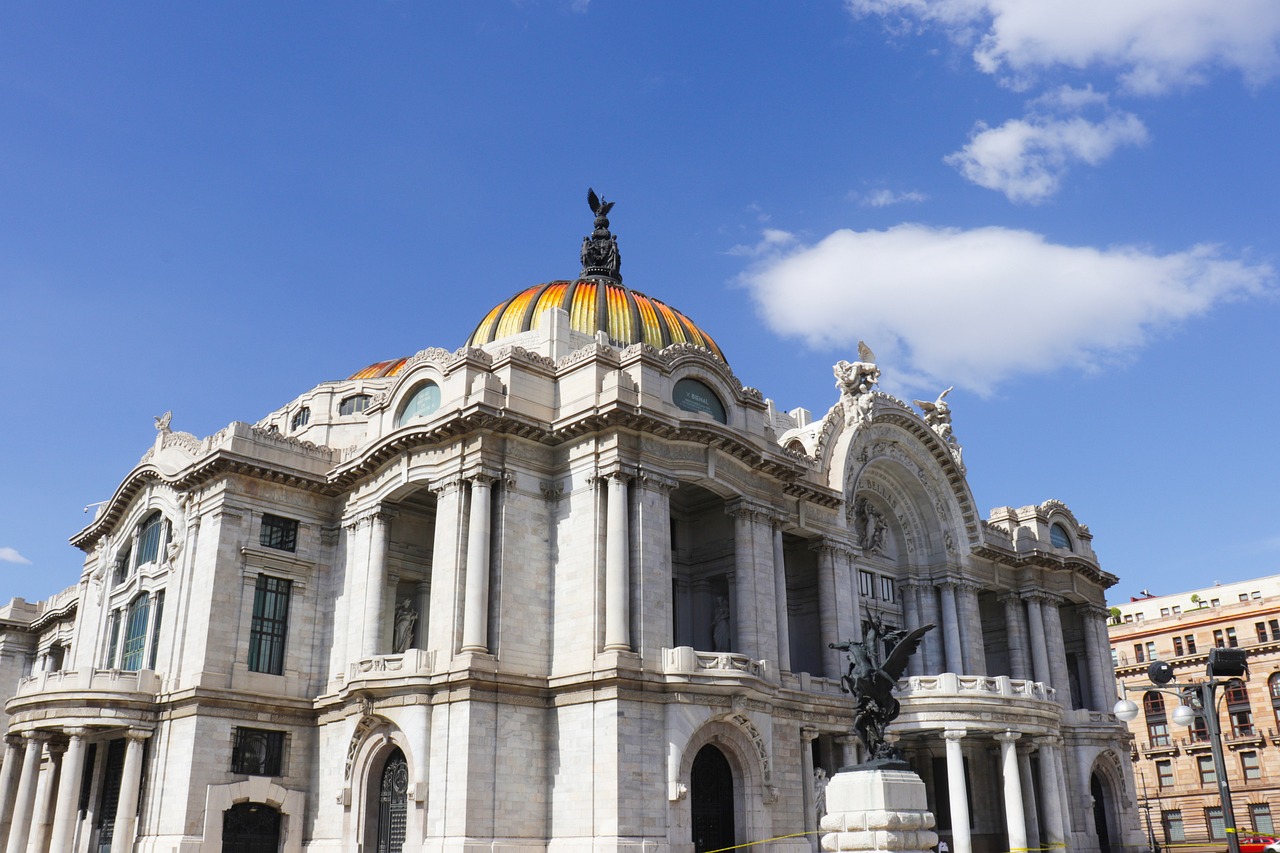
Heritage Education Initiatives
Heritage education initiatives play a crucial role in promoting cultural awareness, appreciation, and understanding among individuals of diverse backgrounds. These programs aim to educate people about the significance of cultural heritage, traditions, and historical sites in shaping societies and fostering connections between different communities. By engaging in heritage education initiatives, individuals can develop a sense of pride in their cultural heritage and gain a deeper understanding of the shared history that binds humanity together.
One of the key aspects of heritage education initiatives is their focus on experiential learning, allowing participants to immerse themselves in the rich tapestry of cultural heritage through interactive activities, workshops, and guided tours. By actively engaging with cultural artifacts, monuments, and traditions, individuals can appreciate the value of preserving and safeguarding their heritage for future generations.
Furthermore, heritage education initiatives often emphasize the importance of cross-cultural dialogue and collaboration, encouraging participants to exchange ideas, perspectives, and experiences with others from different cultural backgrounds. Through these interactions, individuals can develop a sense of empathy, respect, and tolerance towards diverse cultures, contributing to the promotion of global harmony and cooperation.
Moreover, heritage education initiatives play a vital role in fostering intergenerational connections, as they provide opportunities for younger generations to learn from the wisdom and experiences of their elders. By passing down cultural knowledge, traditions, and values from one generation to the next, heritage education initiatives help preserve the unique identity of communities and ensure the continuity of cultural practices and customs.
In conclusion, heritage education initiatives serve as powerful tools for promoting cultural diversity, intercultural dialogue, and mutual understanding in a rapidly globalizing world. By investing in heritage education programs, societies can cultivate a sense of cultural pride, respect, and appreciation, ultimately contributing to the enhancement of global relations and the preservation of our shared cultural heritage.
Frequently Asked Questions
- Why is it important to preserve cultural heritage?
Preserving cultural heritage is essential for maintaining global relations as it helps in fostering mutual understanding among nations. Cultural heritage represents the identity and history of a society, and its conservation ensures that future generations can learn from and appreciate the diverse cultural expressions around the world.
- How does cultural diplomacy contribute to international relations?
Cultural diplomacy utilizes cultural heritage as a tool for building bridges between countries on the global stage. By showcasing cultural traditions, arts, and values, nations can promote dialogue, mutual respect, and cooperation, ultimately strengthening diplomatic ties and fostering peace.
- What role does heritage tourism play in global relations?
Heritage tourism promotes cross-cultural interactions by allowing individuals to experience and appreciate different cultural heritages firsthand. It serves as a platform for cultural exchange, facilitating understanding and appreciation of diverse traditions, which in turn enhances diplomatic relations between nations.
- How do disputes over cultural heritage impact international relations?
Conflicts over cultural heritage sites and artifacts can strain global relations and lead to diplomatic tensions. Such disputes often involve issues of ownership, preservation, and cultural identity, highlighting the complexities of balancing national interests with international cooperation and mutual respect.
- What is the significance of UNESCO World Heritage Sites in global cooperation?
UNESCO World Heritage Sites play a crucial role in fostering cooperation, dialogue, and peace among nations through shared cultural heritage. These sites represent outstanding universal value and serve as symbols of humanity's collective heritage, promoting collaboration and understanding across borders.








